Govt seeks to borrow sh7.64 trillion
The loan proposals were presented on October 15, 2025, to the Parliamentary Committee on National Economy, chaired by John Bosco Ikojo (Bukedea County), by Matia Kasaija, the Minister of Finance.
The Chairperson of the Committee on National Economy, Hon John Bosco Ikojo receives a document from minister finance Matia Kasaija during the committee session on October 15, 2025. (Photos by Maria Wamala)
________________
The Government has unveiled plans to borrow a total of shillings 7.64 trillion ($1.36 billion and €651.44 million) to finance major infrastructure, agriculture, energy, education and social development projects.
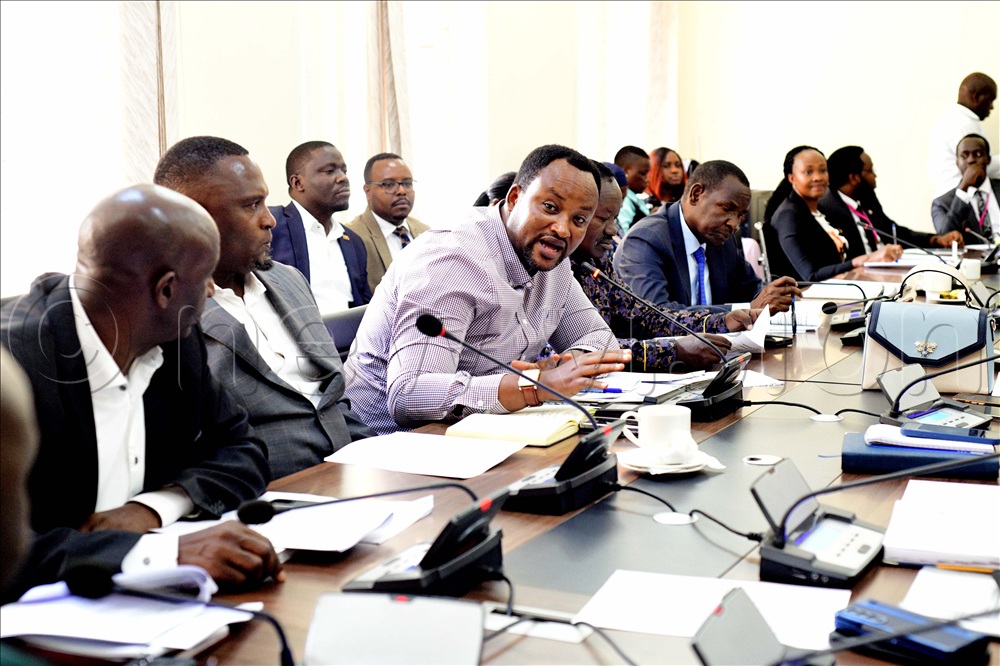
The loan proposals were presented on October 15, 2025, to the Parliamentary Committee on National Economy, chaired by John Bosco Ikojo (Bukedea County), by Matia Kasaija, the Minister of Finance.
Works ministry
The Ministry of Works and Transport is seeking funding for two critical road projects. The first involves borrowing €115.9 million (about shillings 463.6 billion) from Standard Chartered Bank to implement the oil roads Package 6B, which includes upgrading the Karugutu-Ntoroko road (56.5km), a link to Rwebisengo (8.2km), and 3.3km of town roads in Ntoroko, totaling 68 kilometres.
(L-R) State minister for higher education John C. Muyingo, Minister of Works and Transport Gen Edward Katumba Wamala and Finance minister Matia Kasaija before national economy committee session on October 15, 2025. 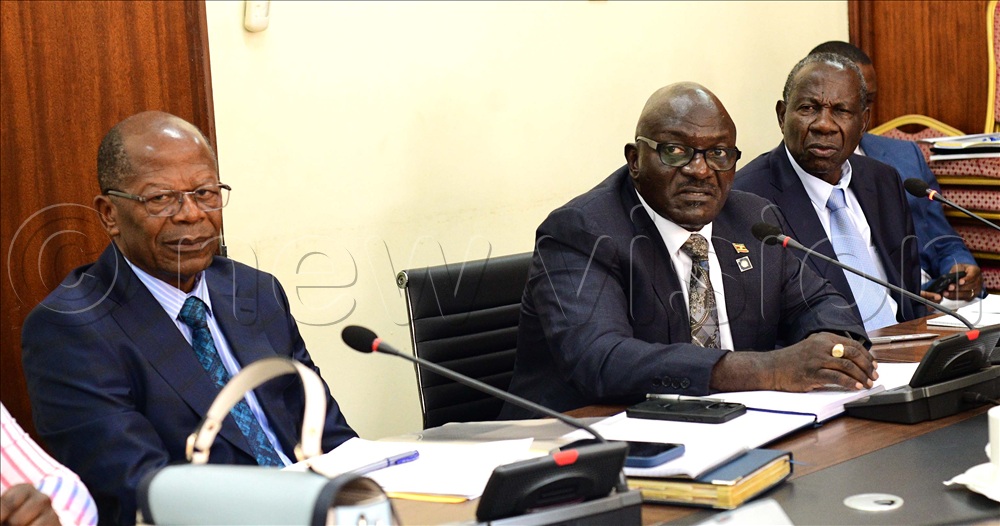
In addition, the ministry plans to borrow $20 million (about shillings 74 billion) from the Arab Bank for Economic Development in Africa (BADEA) to finance the upgrading of the Nebbi-Goli road (16km), a vital route for trade and economic connectivity in the region.
Agriculture ministry
The agriculture ministry is seeking to borrow €192.95 million (about shillings 771.8 billion) from Citibank to fund the first phase of the Enhancing Agricultural Production Quality and Standards for Market Access Project.
Sarah Netalisile Kayaki, HIV Committee Chairperson.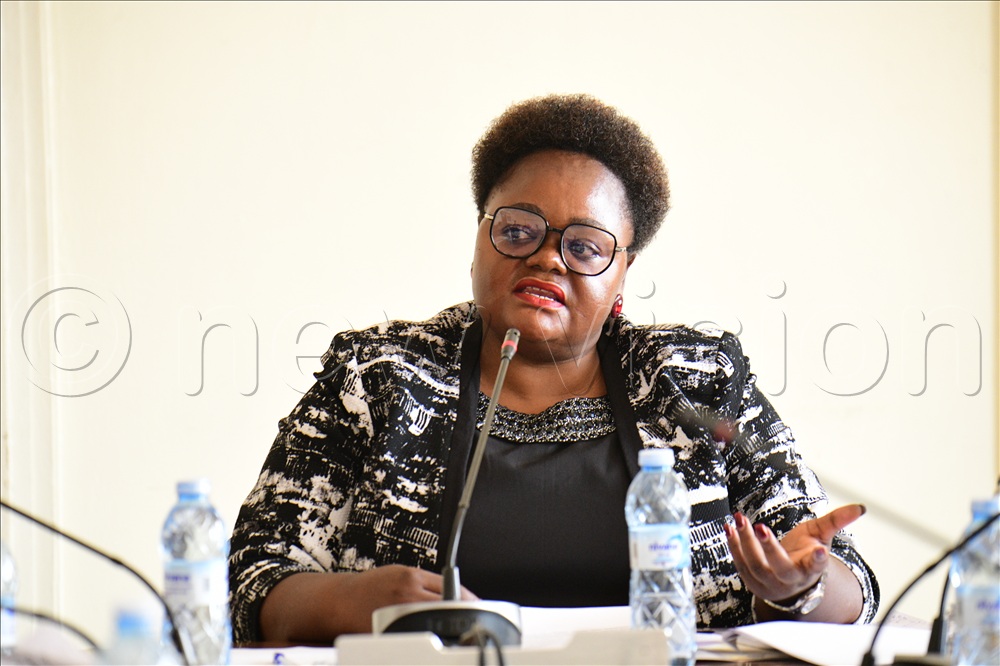
This project aims to boost Uganda’s export potential, improve import substitution, and ensure that agricultural products meet international standards.
Animal industry state minister Bright Rwamirama said: “This financing will cover infrastructure and equipment for quality assurance, value addition, and operations, with facilities established at national, zonal, district, and farm levels.
The Enhancing Agricultural Production Quality and Standards for Market Access Project will establish key facilities at national, zonal, district, and farm levels to ensure Uganda’s agricultural products meet international market standards.
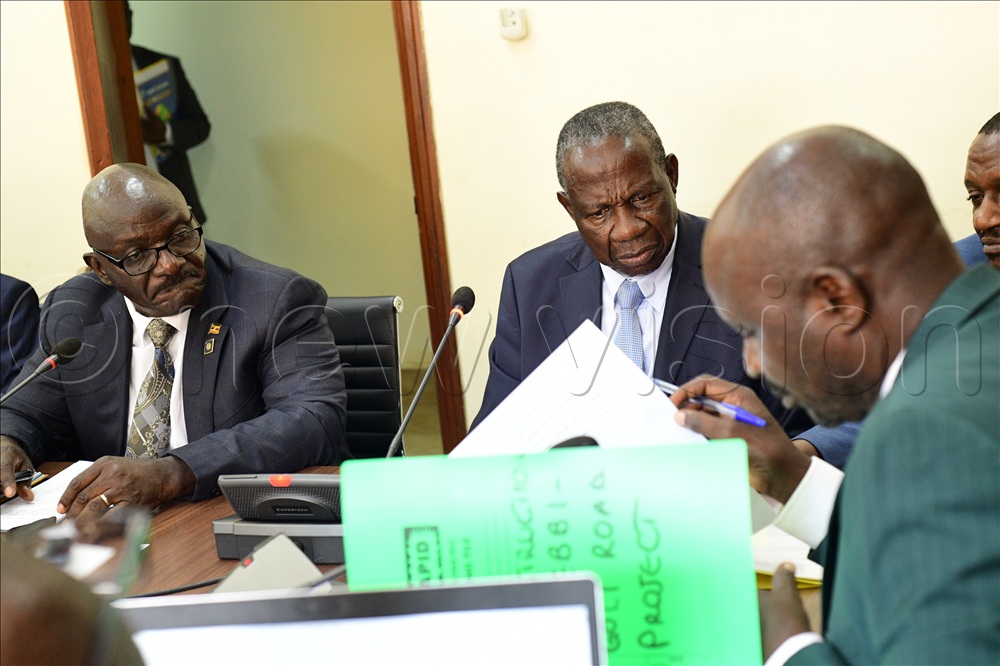
These include the National Agricultural Diagnostic and Food Laboratories in Entebbe, Zonal Research Laboratories and Compliance Centers in Mubende, Regional Diagnostic Laboratories at districts, and Mineral Laboratories for Livestock and Fisheries in Kabale, Kayunga, Hoima, Busia, and Lira.
National facilities also include the Veterinary Medical Stores in Entebbe, Land Border Export Inspection Facilities, Irradiation, packaging, pre-coolers, and pack houses in Entebbe, as well as sub-centers at Mutukula and Mpondwe on the Tanzania and DRC borders.
Other infrastructure comprises land border quarantine stations, export animal quarantine grounds in Kyankwanzi and Kiboga, SPS Export Trading and Demonstration Facility in Wakiso, fish landing sites at Mutukula and Kyotera, National Food and Seed Reserves, Regional Export Grain Banking Centers in Mubende and Nwoya, and fruit and vegetable export facilities at Entebbe and Hoima Airports, ensuring compliance, traceability, and export readiness.
The Chairperson of the Committee on National Economy, Hon John Bosco Ikojo.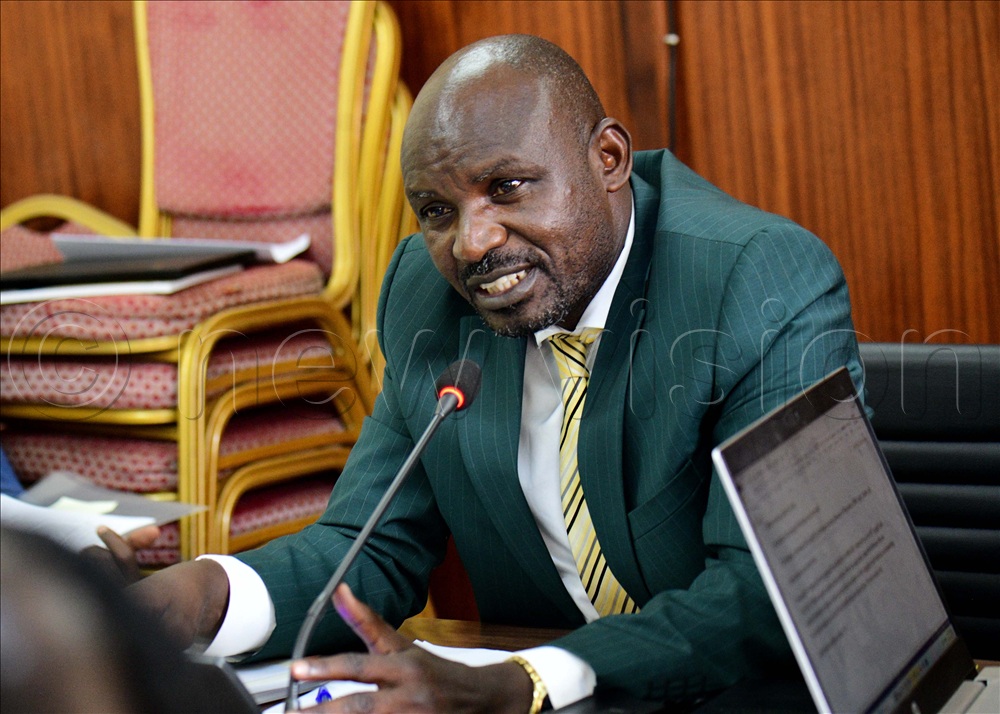
He emphasised sustainability, noting that “the government will oversee registration and certification, while the private sector manages logistics. Continual audits, staff training, preventive maintenance, and operational oversight will guarantee long-term efficiency and effectiveness.”
Energy
The energy ministry intends to borrow €342.59 million (about shillings 1.37 trillion) from Standard Chartered Bank to construct the 400kV Karuma-Tororo double circuit transmission line, associated substations, and the 132/33kV Ntinda substation project, critical for strengthening Uganda’s electricity infrastructure.
Additionally, other loans include plans to borrow $1.341 billion (about shillings 4.96 trillion) from the International Development Association of the World Bank Group, alongside grants totalling $328.3 million (about shillings 1.21 trillion) to fund multiple programmes.
Canon Dr. Ruth Senyonyi chairperson of the Uganda Aids Commission (right) and Dr. Vincent Bagambe, Director Planning and strategic information Uganda AIDS Commission before the HIV&AIDS Committee of Parliament on October 15, 2025. 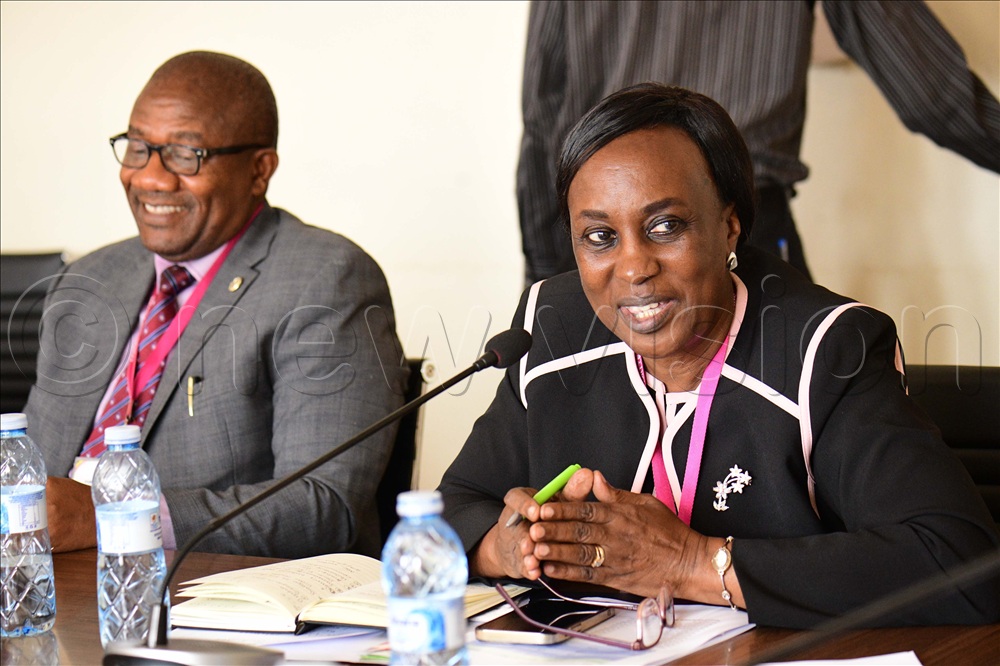
These include the Northern Uganda Social Action Fund (NUSAF 4) ($250 million/sh925 billion), the Development Response to Displacement Impacts Project (DRDIP 2) ($180.5 million/sh667.85 billion) under the Office of the Prime Minister, the Uganda Learning Acceleration Program (ULEARN) ($210 million/sh777 billion) under the Ministry of Education, the Uganda Cities and Municipalities Infrastructure Development (UCMID) ($500 million/sh1.85 trillion) program under the Ministry of Lands, and the Uganda Strengthening Public Investment and Asset Management for Growth and Resilience Program (PIMPLUS) ($200 million/sh740 billion) under the Ministry of Finance.
NUSAF4
Lillian Aber, Kitgum Woman MP and the Minister of State for Relief, Disaster Preparedness and Refugees, spoke on NUSAF 4, highlighting its reach across nine sub-regions with 83 districts, seven cities, 14 municipalities, and 6,631 parishes.
She said, “The project will focus on sustainable livelihood enhancement, resilience to shocks, human development, and strengthening project delivery systems. This is a friendly loan coming in with a grant component and a long grace period, which we believe will support our people effectively.”
On DRDIP 2, Aber explained: “This project is inclusive, covering host communities, local leaders, and refugees. With the refugee population now at 1.9 million and humanitarian funding decreasing, this funding will help alleviate tensions and support locally led procurement and implementation.”
She urged parliamentary support to meet World Bank deadlines and ensure continued funding for refugee interventions.
John Muyingo, the State Minister for Higher Education, stated: “The ULEARN program addresses learning losses from the COVID-19 pandemic. It targets teacher effectiveness, foundational literacy and numeracy, rehabilitation of 121 secondary schools, 29 teacher training institutions, and 66 special needs education institutions.”
“One of the challenges is land title requirements, particularly for schools on customary or church land. We request parliamentary approval to temporarily waive these requirements to allow timely rehabilitation, he added.”
Muyingo noted that the programme aligns with NDP4 and the Human Capital Development Program, supporting Uganda’s long-term socio-economic transformation.
Sam Mayanja, the Minister of State for Lands, presented the UCMID program, covering all ten cities, 26 municipalities, and the refugee-hosting districts of Kikuube and Kyegegwa.
He explained, “The program focuses on climate-resilient urban infrastructure, job creation, local economic infrastructure, and solid waste management. All technical, institutional, fiduciary, environmental, and social assessments have been completed, and a program management team is ready for implementation within the current financial year.”
MPs comments
Committee members highlighted the need for scrutiny before approval.
Alex Byarugaba (Isingiro County South) said, “We need sufficient time to understand these proposals, especially projects affecting refugee-hosting communities. Isingiro district itself is a beneficiary, so all MPs must digest the documents.”
Wilson Kajwengye (Nyabushozi County) warned that “Approving loans without full knowledge could be disastrous.”
Geoffrey Macho (Busia Municipality) added, “Some loans, particularly PIMPLUS ($200 million/sh740 billion), should not be rushed and need guidance from the President before parliamentary approval.”
The committee chair, Ikojo, acknowledged the complexity of the documents, noting that MPs were receiving them for the first time.
He stated, “While these loans are urgent, proper review is necessary. We will coordinate with project coordinators to ensure timely parliamentary engagement, maintaining oversight to safeguard government operations.”